Radical Reads, Dark Gems and Big Ideas—The Books Everyone Will Be Talking About This Winter
Your end-of-year book hit list


Celebrity news, beauty, fashion advice, and fascinating features, delivered straight to your inbox!
You are now subscribed
Your newsletter sign-up was successful
Your winter reading just got radical. Hot on the heels of our Autumn books list, it’s our last books roundup for 2025, and we’re seeing out the year much as we started. From an epic Booker-Prize shortlistee to a 50-years-young dystopian tale that offers the chance to live forever (at a price), via a dark peek inside Italy’s cinematic dream factory and the dinner party from hell—these are the titles you really want to be reaching for right now. See you on the other side.
Editor's Picks: Quick Links
- The Dinner Party, Viola van de Sandt
- The Silver Book, Olivia Laing
- Freezing Point, Anders Bodelsen
- Bad Bad Girl, Gish Gen
The Winter Reading List
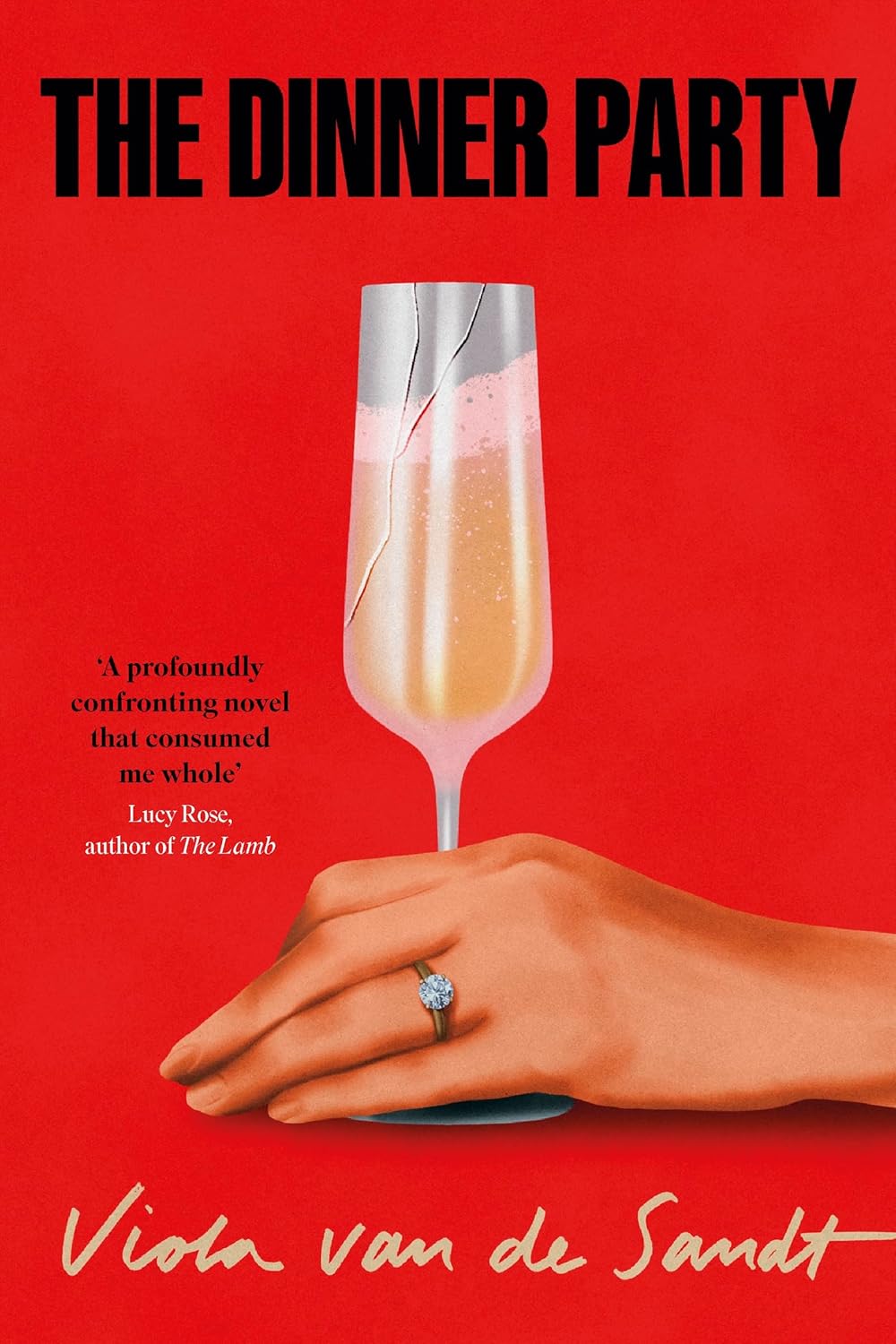
We meet Dutch thirtysomething Franca a year after the events of the dinner party of the title – a booze-soaked affair hosted by Franca and her English fiancé Andrew on the hottest day of the year in which everything that could go wrong does go wrong. A night that went so spectacularly wrong, in fact, she’s moved country and is seeing a therapist, trying to make peace with both the events of that evening and ‘That business with the knife’. Through those sessions and a series of letters she writes to her estranged friend Harry, the details of both the dinner party – recounted in brilliantly visceral prose – and the events leading up to it are gradually exposed. As we learn about Franca’s lonely childhood growing up in the Netherlands, the close friendship she and Harry formed at university in Utrecht and the whirlwind romance with Andrew that brought her to the UK, what we know of the evening is continuously reframed. What could have operated as a simple comedy of errors full of broken fridges, pompous guests and a wayward kitten, is revealed as something both far darker and more deeply emotionally compelling. A blistering debut.

It’s 1974 and young artist Nicholas has just arrived in Venice after fleeing England in the wake of an undisclosed tragedy when he is picked up by Danilo. The older man is in fact Danilo Donati – the real-life set designer for two greats of Italian cinema, Federico Fellini and Pier Paolo Pasolini. From this set-up, fact and fiction continue to intertwine. The pair’s one-night stand develops into a passionate affair. Before long, Nicholas is installed as Danilo’s assistant on the sets of Fellini’s extravagant Casanova and Pasolini’s brutal fascist parable, Salò – the last film the director made before being murdered in mysterious circumstances in 1975. Deploying Nicolas as their fictional muse, Laing weaves the threads of what is known about each of the three real-life men and the projects they were working on at the time into a richly elaborate tapestry that imagines the circumstances that led to Pasolini’s death. As rich, seductive and decadent as the golden era of Italian cinema itself.
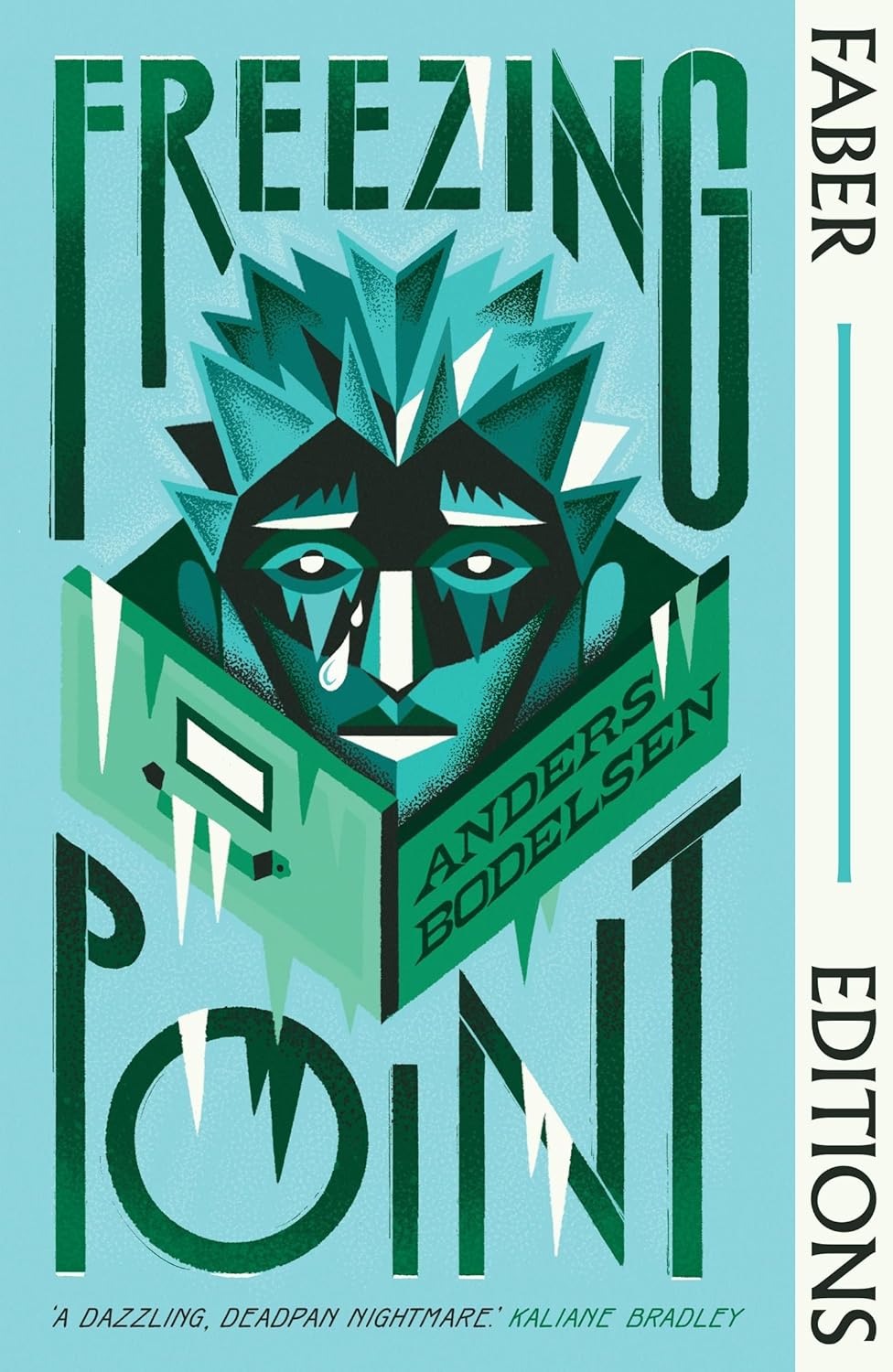
What price would you be willing to pay – and what would you be willing to sacrifice – for immortality? While originally published in 1969, Bodelsen’s darkly satirical and eerily prescient novel wrestles with many of the questions that occupy our current longevity-obsessed, biohacking culture today. We first meet Bruno – a successful magazine fiction editor – in 1974, shortly before he is given a fatal cancer diagnosis. While there’s no treatment or cure, he’s offered the chance to be one of the first to be ‘frozen down’ – effectively kept in a state of suspended animation – until one is found (the novel was originally published two years after the first human being was cryogenically frozen). But when he’s woken 20 years later it is to a very different world, full of self-driving cars, bio-engineered food and lab-grown organs. Unable to adapt, he obsesses about a young ballerina who is herself now frozen down. He goes under ice again in the hope of reuniting with her in the future, but each time Bruno’s bought up for air the world he once knew is further away than ever.
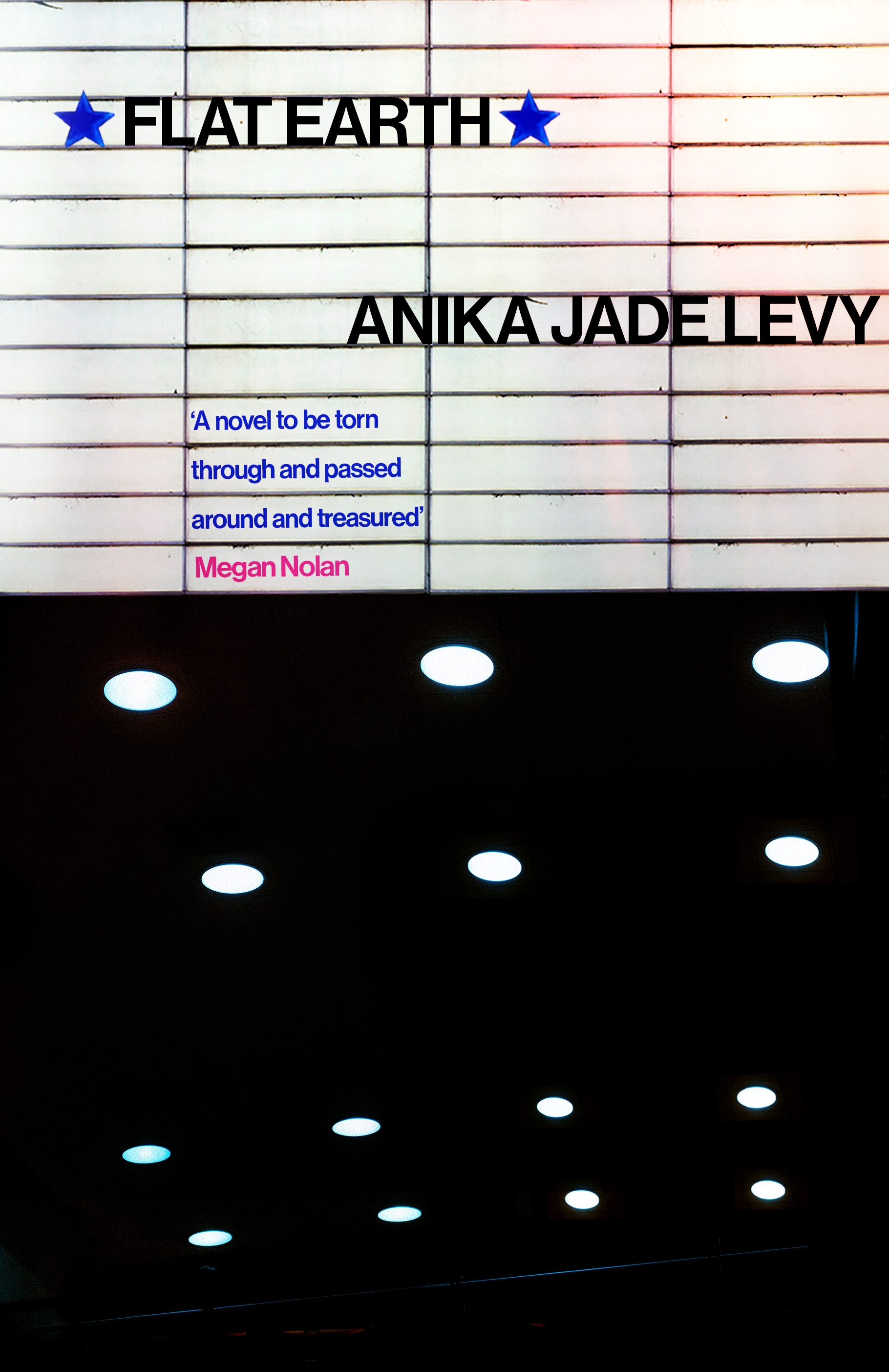
This wry, nihilistically jaded take on Gen Z life and competitive cool-girl frenemy-ship opens as post-grad arts students Avery and her best friend Frances go on the road in rural America in search of subjects for the ‘experimental documentary about rural isolation of right-wing conspiracy theorists’ Frances is shooting as a summer project. For aspiring writer Avery, the trip is a distraction technique as much as anything – an Adderall shortage has left her without the meds she needs to focus on the ‘book of cultural reports’ that is her own project (excerpts of which pepper the novel). Upon returning to NY, Frances drops out of college and marries a blue-collar boy back home. If that ratchets Avery’s envy up a notch, said envy is sent positively stratospheric when Frances’s finished documentary becomes the toast of their cultural milieu. Broke and still struggling to write, Avery takes a job at a new dating app called Patriarchy, dabbles in a little light sex work and generally feels sorry-not-sorry for both herself and the state of contemporary-ish America. Spoiler: it’s not looking good…
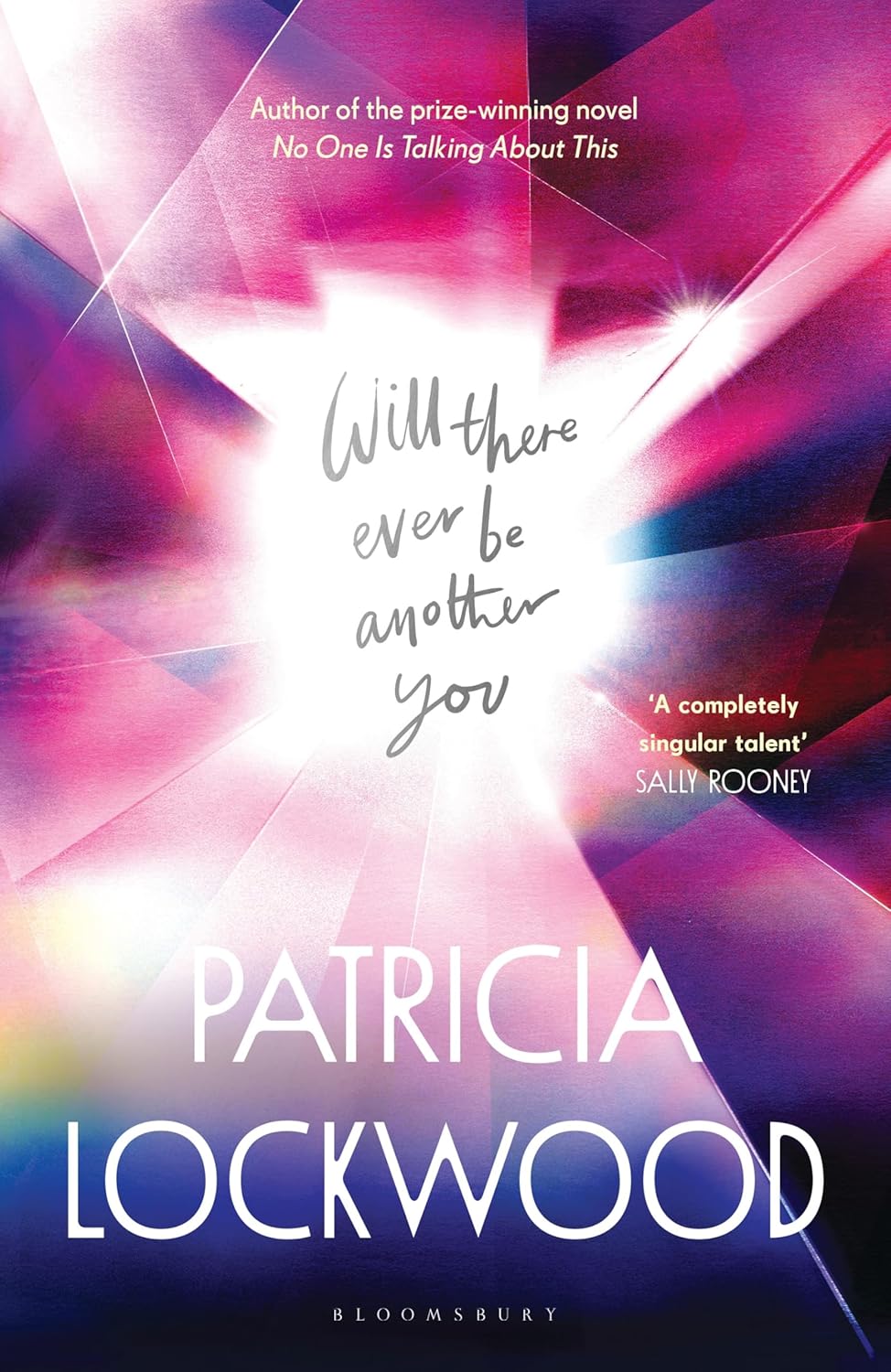
If Lockwood’s follow-up to her Booker shortlisted fiction debut, No One is Talking About This, reads like a fever dream, that’s because in many ways it is. Having contracted Covid in March 2020 during the first wave of the pandemic, Lockwood found herself in an entirely shifted reality: unable to read, barely able to write, living in a world where her memory ‘had fallen out of my mind like chunks of plaster’. If that sounds unrelentingly grim, it isn’t – as ever Lockwood’s writing is left-field and funny, filled with long looping segues and hilarious observations on a world turned upside down. (‘I wrote it insane and edited it sane,’ she has said of her process for this book.) Our advice? Just roll with it and trust you’re in safe hands. Alternately dazzling and baffling it may be, but as ever with Lockwood, it’s most definitely worth the ride.
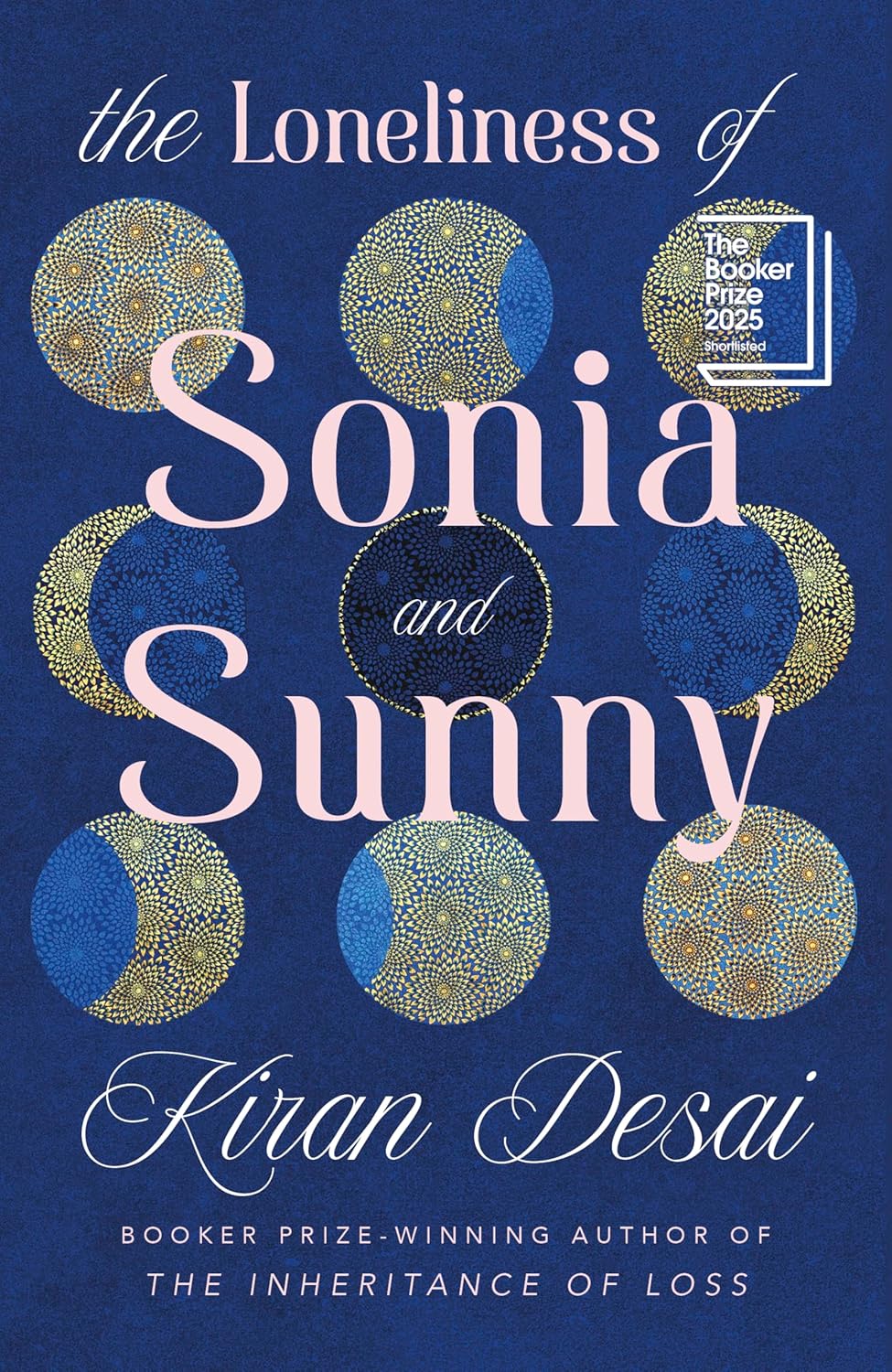
At just shy of 700 pages, this Booker Prize-shortlisted doorstopper is an epic in pretty much every sense of the word. It sprawls across countries and generations, ostensibly telling the will-they-won’t-they love story of its eponymous protagonists. Sunny is an early-career journalist in New York, desperate for both a green card and his big break, whereas would-be writer Sonia flees Manhattan to return home to Delhi (where they’re both from) after a toxic love affair with an artist three decades her senior goes horribly wrong. This is much more than ‘just’ a love story, however. Alongside its Dickensian mass of characters (everyone from house staff to friends earns their place on the illustrated family trees), the novel posits various topics and themes that range from immigration, alienation, class and cultural appropriation to magical realism, art, fame – and what separates a good kebab from a bad. Complex and funny, this tale of family and connection will steal your heart.

A household name in Korea, Juhea Kim remains little known in this part of the world. This collection of short stories should challenge that. Broadly speaking, each one grapples with the precarity of life on our small blue planet – be it an imagined near-future where the air is so toxic Seoul is covered by a protective biodome, or the very contemporary threat posed by a proposed geothermal energy plant to the inhabitants of a reservation in rural America – but always in tandem with emotional precarity of the individuals who populate them. There’s playfulness to be had, too. In Notting Hill, for example, an American crossed the Atlantic to take up a job offer from an environmental charity in London, where she rents a flat in ‘the house with the blue door’ and flips the romantic dynamic of the film of the same name on its head. Just lovely.
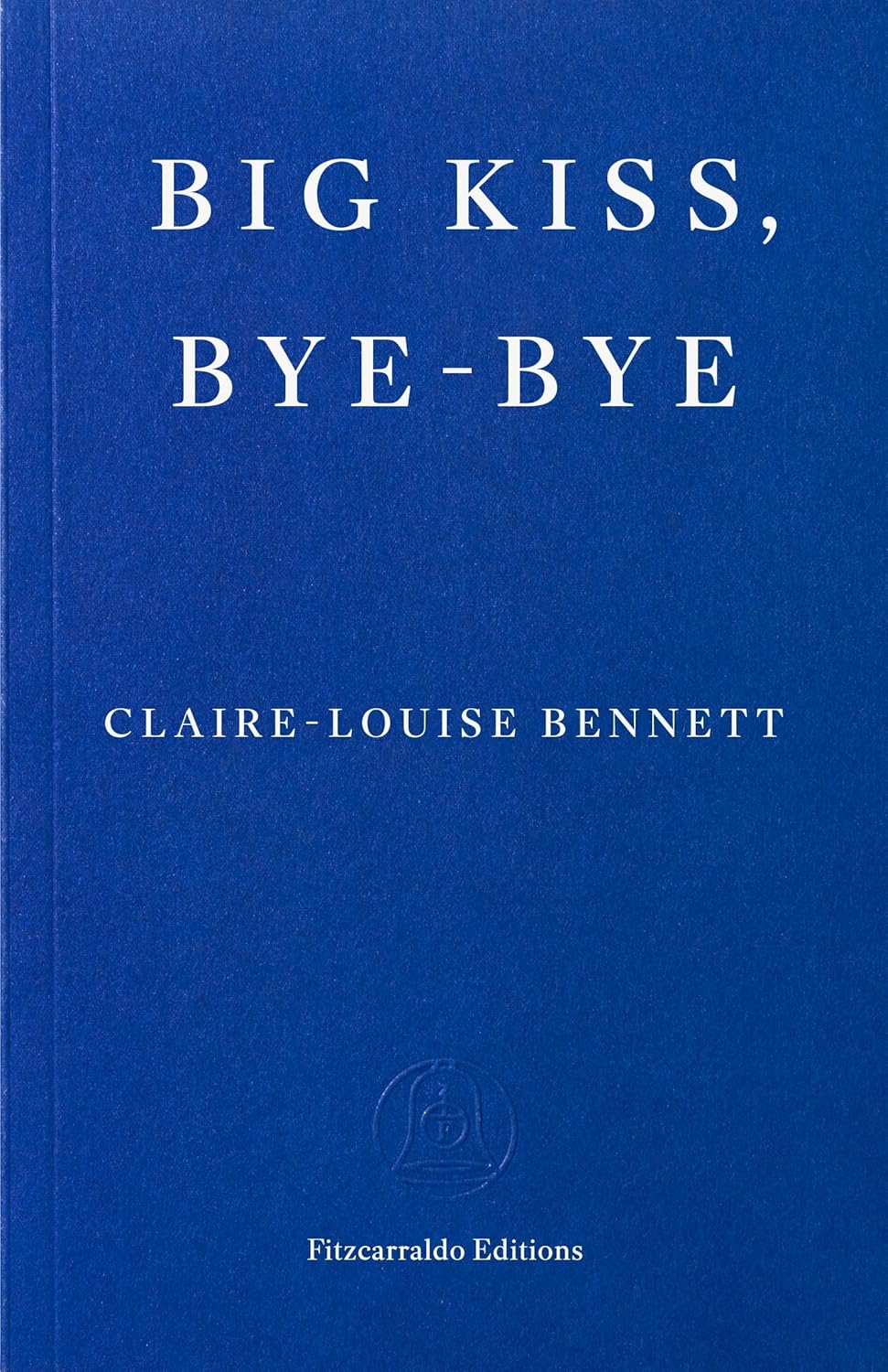
Following the end of a long relationship with a much older man (he’s the one to break it off, refusing to accept her wish to transition it from love to friendship), our narrator moves to the Irish countryside where she has plenty of time to reflect on this and other romantic entanglements over the years, including one with a former teacher that may or may not have been abusive. As far as plot goes, that’s pretty much it, but it’s ideas rather than narrative that Bennett is exploring here – about relationships, sex, connection and, crucially, perspective. She captures the failings and yearnings on both sides through long passages of dialogue bursting with things unsaid, and intersperses the rest with pithy observations on the daily charms (cold swimming) and frustrations (an upselling florist) of an intensely analysed life.
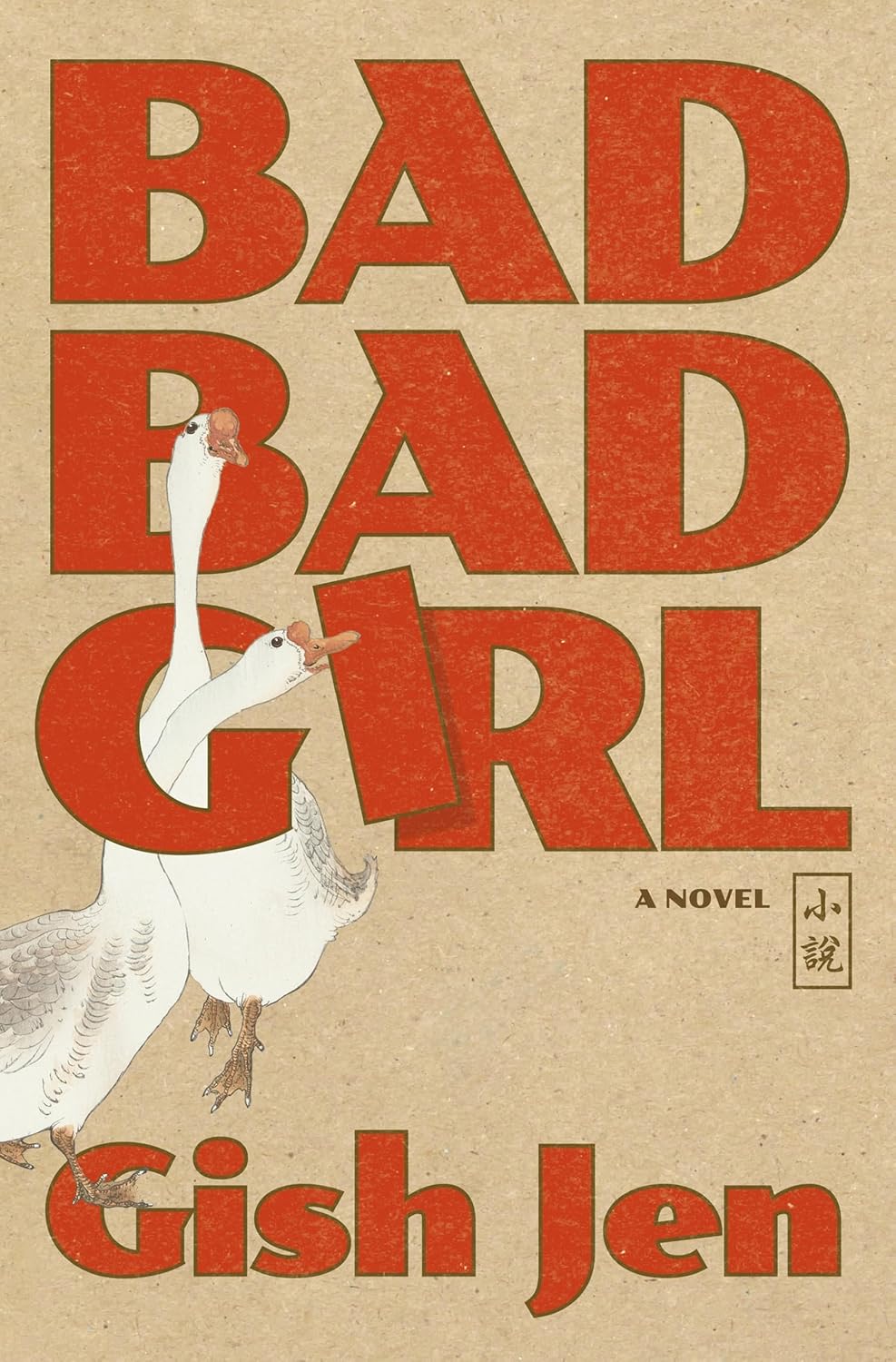
More playing with form here. As its author notes in the opening pages, her original intention was to write a memoir of her late mother’s life – only to realise she didn’t know enough about it, despite her repeated attempts to encourage her mother to share memories of growing up in China before moving to the US aged 23. Instead, she took what she did know to create this mashup of biography with fiction, to tell a ‘forged truth’ that, like Wild Swans before it, relates the stories of three generations of Chinese women. To call Gen’s mother difficult is an understatement – not nurtured in her own childhood (her mother scolded her for being ‘too smart for your own good’), she wasn’t about to change that because she was raising her daughter – who slips into first-person to tell her side of the story – in America. Despite a childhood marked by verbal admonishments (the author being the bad, bad girl of the title) and physical punishment, Gen displays a genuine and heartbreaking affection for mother. It is a sad, shocking, beautiful tale of brutal histories and, ultimately, compassion.
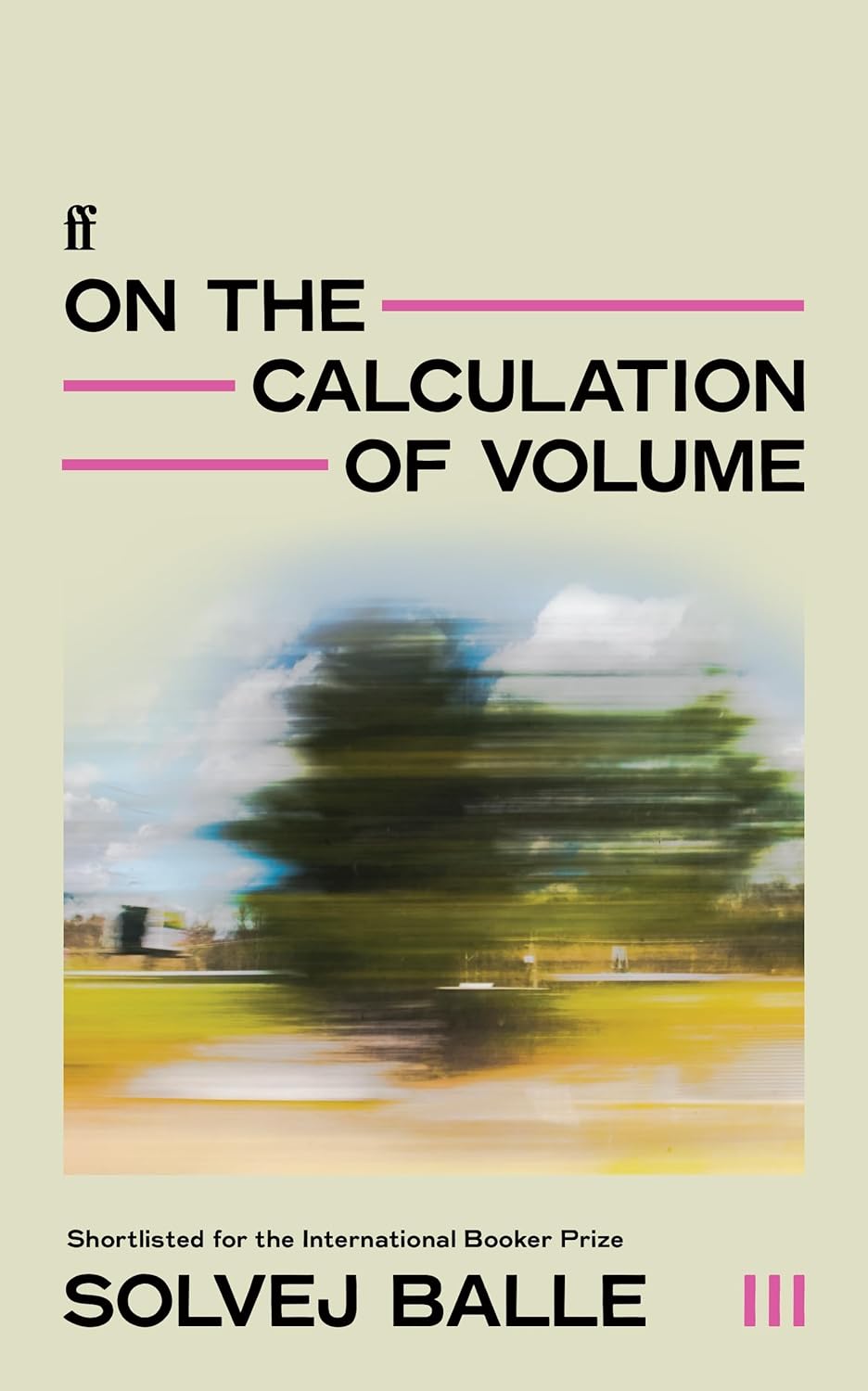
‘Tara Seltzer is no longer alone…’ proclaims the front flap on the third (of a planned seven) instalment of Balle’s time-loop epic about a woman trapped inside a single day. She has met someone – a man named Henry – who, like her, wakes up each morning to find time has reset itself to 18 November. And what a treat it is for what has to be one of the most fascinating literary experiments of recent times to be back on course after a somewhat (and rather ironically) repetitive second instalment. Without giving too much away, it seems like Tara and Henry might not be the only ones, as they set about trying to find a missing person in a world where everyone thinks ‘everything can wait until tomorrow’.

After years spent caring for her sick mother, newly retired art teacher Milfred leaves the home where she has lived all her life to move to a small island off the coast of Auckland, New Zealand, in this rerelease of the author’s propulsive and unsettling 1966 novel. She plans to paint new things and redefine herself. A few nights after her arrival, however, a stranger comes knocking at her door just as a storm blows up. Milfred spends the night awake and terrified, as – in her mind – the stranger takes on the forms of those she has left behind. If Milfred’s circumstances are a little old-fashioned for contemporary readers (a fiftysomething woman starting again on her own is not – praise be – the social novelty presented here), her night terrors and fears are all too familiar for anyone who’s lain awake at night projecting their deepest fears into the dark.
Celebrity news, beauty, fashion advice, and fascinating features, delivered straight to your inbox!
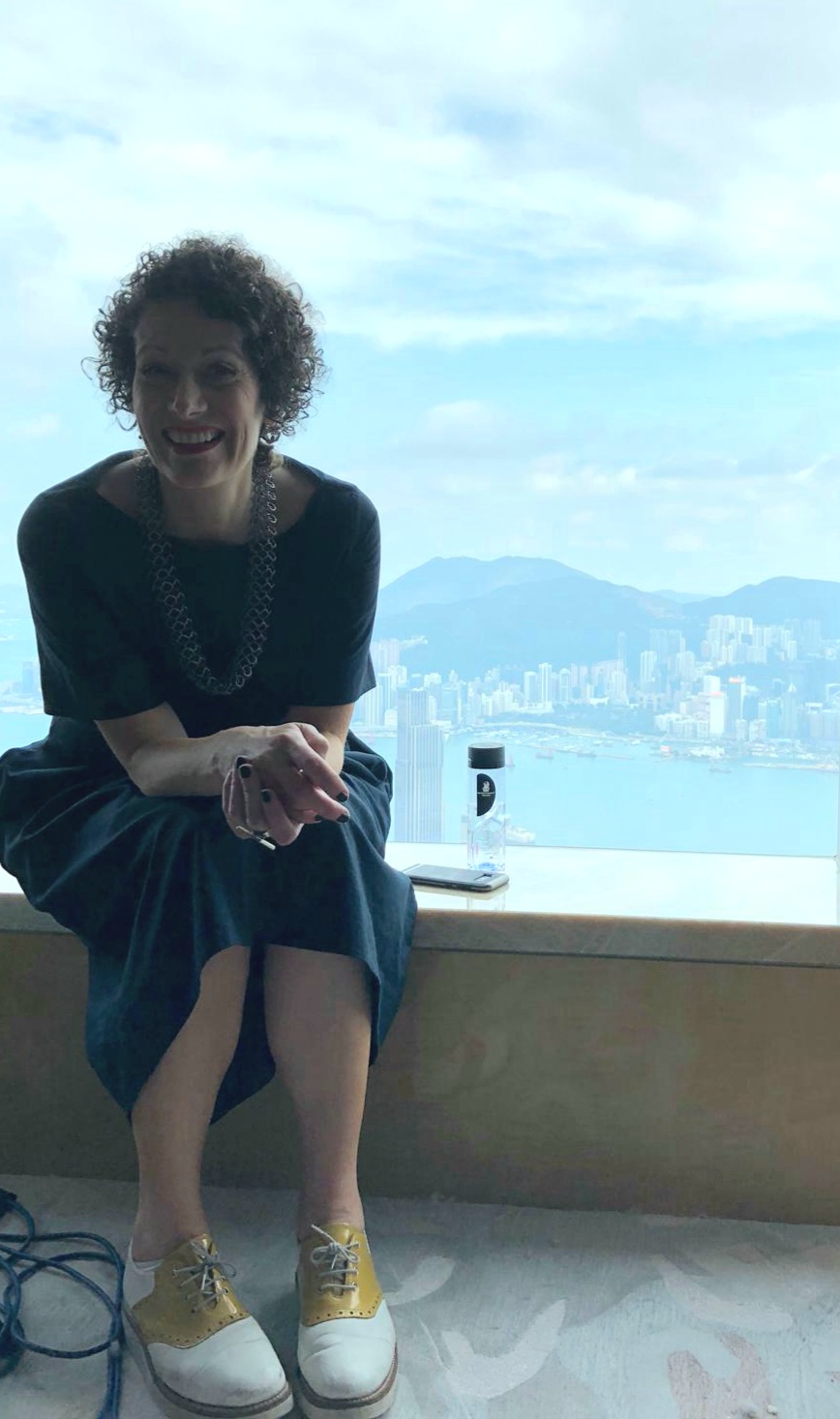
Catherine is a freelance writer, editor and copywriter. As a freelance journalist, she wrote for titles including The Times, The Guardian and The Observer before spending eight years as commercial editor for Elle, Harper’s Bazaar, Esquire and Elle Decoration.
Books, art and culture of all stripes are a particular passion. Since returning to freelance in 2019, she has turned her skills to branding and full-service content creation for a broad range of luxury, arts and lifestyle brands, alongside more creative projects, such as book- and script-editing.